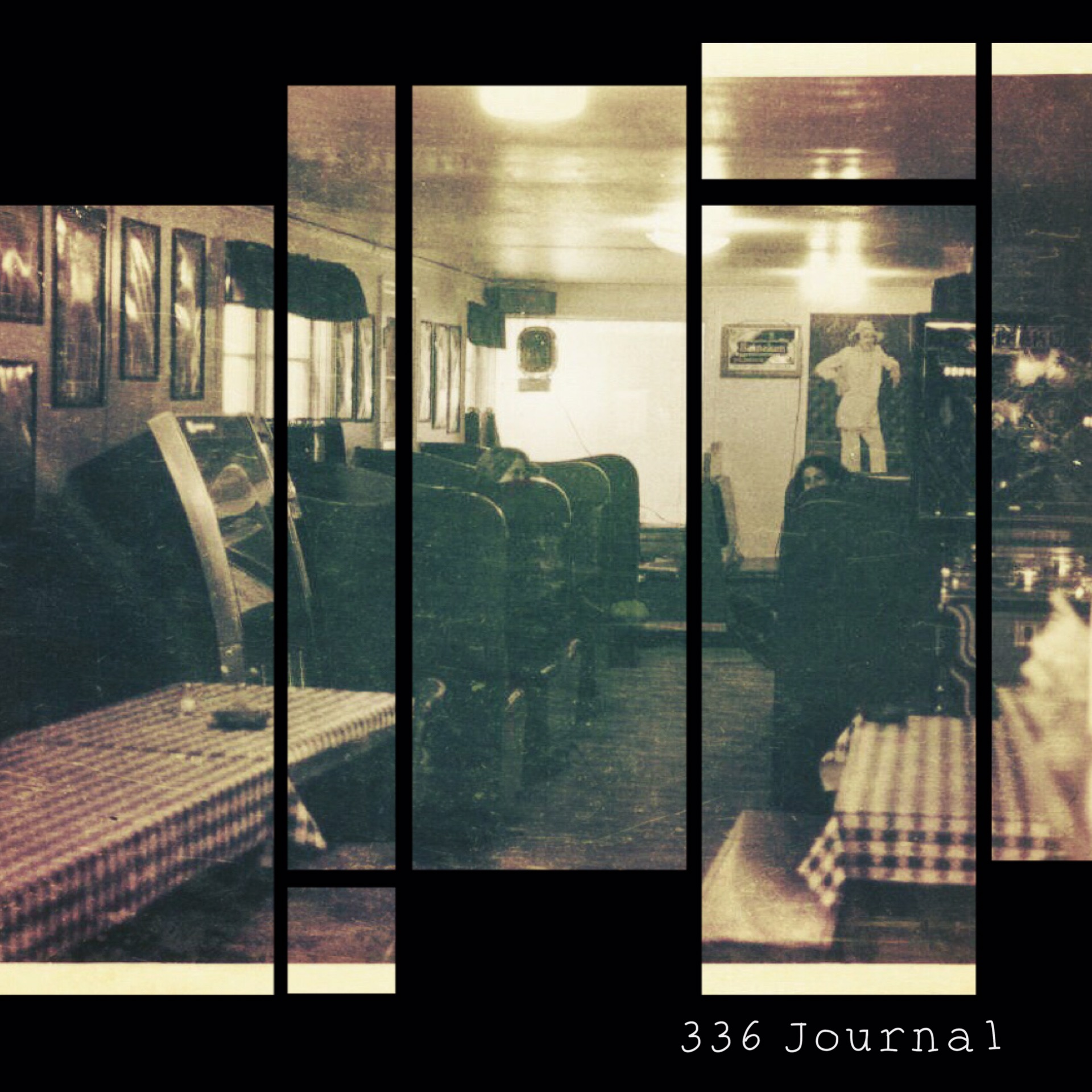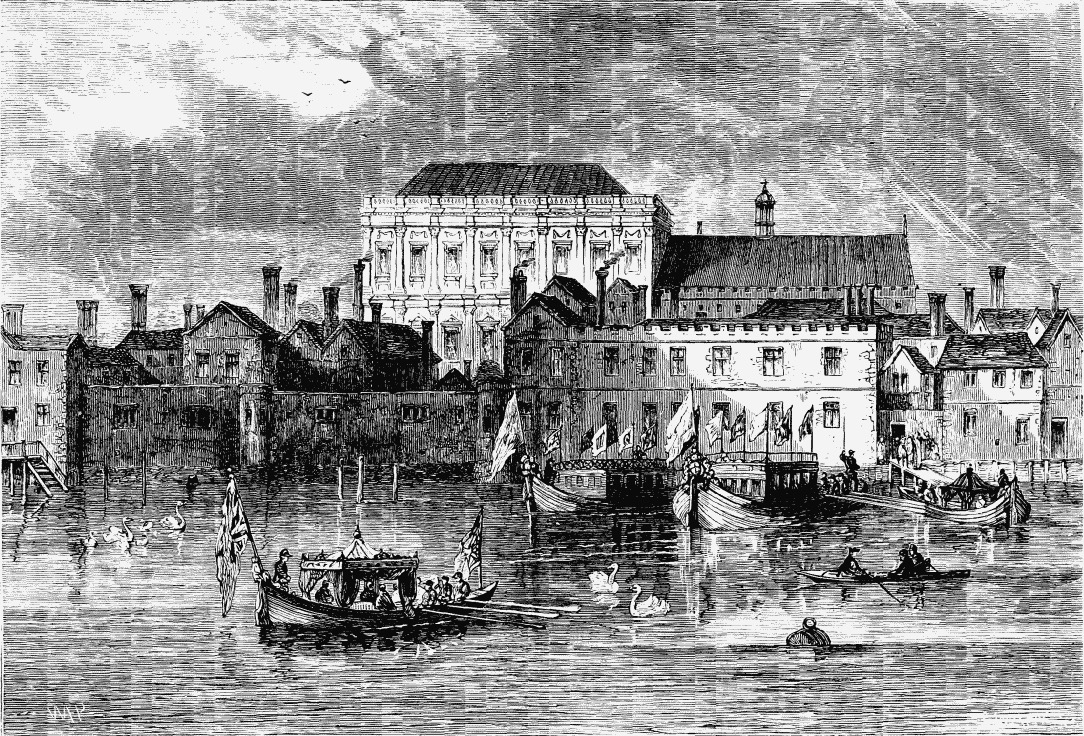24 August 1985
I’m sitting in a booth at Lenny’s Nosh Bar, dispatching the remains of a hot meatball sandwich with a Löwenbräu chaser and stewing in a shame of failed expectations that has dogged me from San Antonio to Eugene.
My return to Oregon after being discharged from the Air Force on grounds of a difference of opinion regarding my military career path wasn’t celebrated at home by a ticker tape parade. There’s no reward for an idealistic child of flower children that infiltrates a system to try to change it.
I desperately want to kick off my combat boots and peel off the military issue fatigues that hang on my body like an old skin to be shed in snake-like fashion and to wash away the sour smell of cigarette smoke and cheap alcohol—the proprietary perfume of the Greyhound bus that delivered me home—which clings to me like a desperate barfly. But first, I need to decompress in familiar surroundings.
Tossing back the last swallow of beer, I sigh deeply and press my back against the duffle bag propped beside the wall of the booth and close my eyes, listening to the sound of a twelve-bar blues tune with a palpitating Hammond B3 organ line as it spars with my beating heart. Green Onions, the 1962 hit by Booker T. & The MGs, is playing on the jukebox to welcome me back.
My head turns as the bell above the door rings and there’s Lenny Nathan, strolling into the Nosh Bar like he owns the place. He sees me and raises an eyebrow but heads directly to the tap. A moment later he comes over with another pint which he places on the table in front of me. He plucks a joint from the pocket of his apron and sets it beside the beer.
“I told ya so,” Lenny says. But there’s humor and understanding in his mischievous eyes.
I grin back at him as Ella Fitzgerald starts singing Too Young for the Blues.

Excerpt from Long Live Lenny’s Nosh Bar.
Follow 336 Journal on Facebook.

